Your ongoing sobriety is essential to your mental and physical well-being during recovery. According to the Substance Abuse and Mental Health Services Administration (SAMHSA), “the support of peers and friends is also crucial in engaging and supporting individuals in recovery.” However, friends and social groups that encourage you to take risks or adopt maladaptive behaviors put your health and sobriety at risk. In many cases, the best way to protect yourself is by cutting off communication with those toxic friends or acquaintances.
Personal and social boundaries are vital during recovery from substance use disorder (SUD). You can protect yourself by learning how to spot unhealthy attachments.
What Makes Some Relationships Toxic?
Bad relationships can be challenging to recognize, especially if they have lasted for many years or if you have never been in a healthy long-term relationship. The toxic environment might feel comforting due to the familiarity that comes with any routine. However, deep down, you might recognize that something is wrong with how the other person treats you on a day-to-day basis. Below are a few signs a relationship may be harmful to your continued sobriety:
- They make unreasonable demands on your time and try to control who you visit with and what you do
- The majority of shared conversations are negative, or the other person regularly makes negative or passive-aggressive comments about you, your life, or your other friends
- A complete lack of physical or emotional boundaries
- They encourage you to do things that are risky, dangerous, or unhealthy, including substance misuse
- They exhibit co-dependent behaviors
- They minimize the consequences of their actions
Manipulative behavior is one of the warning signs that someone may be harmful to your recovery. You might feel guilty about judging them or try to make excuses for their behavior, but in the end, their choices will have a direct impact on your mental and physical health. You need to put your happiness and safety first.
How to Avoid Toxic Environments and Individuals
Learning to recognize toxic relationships will make it easier to avoid them in the future. Sometimes it can be easier to identify when someone is not right for you by looking for healthy relationship characteristics. Not seeing them can be a red flag. Below are some of the most important aspects of a healthy friendship:
- Mutual trust and respect
- Reliability
- Honesty and open communication
- Willingness to compromise
- Problem-solving instead of blaming
Your values and morals should guide your decisions when it comes to personal relationships. Sacrificing your core values to accommodate someone else can lead to chronic stress and lower self-esteem. If you have difficulty recognizing when someone is not good for you, it can be helpful to use your support system. Your loved ones, sponsor, or therapist can all help you identify when a relationship might be harmful to your continued sobriety.
3 Ways to Set Clear Communication Boundaries
Social relationships can affect your health in various ways. Decrease risks by setting clear boundaries in your relationships with friends and family members. Below are three ways to establish clear communication boundaries with toxic individuals.
- Write down what you need. To avoid confusion, it is crucial to clearly and honestly state your point of view and expectations. By writing it down and presenting it to them, you ensure they fully understand that you are serious about the new dynamic.
- Make allowances for personal growth. For example, you can tell friends with untreated substance use disorders that you need to look after your health, and you will not be able to stay in contact with them until after they choose to make healthier life choices. Doing this allows them to regain communication when their presence no longer puts your sobriety at risk. You leave the door open for a healthier relationship with them in the future.
- Take action to stop toxic individuals from interacting with your daily life. If you have friends or family members who refuse to respect your boundaries, you can change your phone number, block their social media accounts, and avoid events they may attend. By clearly taking steps to distance them from your life, you can keep yourself safe and send a clear message that the relationship is over.
How to Avoid Confrontations With Past Friends
After deciding to cut off communication with toxic friends, you may run into them, or they may try to reach out to you. The easiest way to avoid a confrontation in those situations is to refuse to engage. Be polite, civil, and stick to your boundaries. You deserve to live a healthy life safe from the influence of negative relationships.
One of the most complicated parts of moving forward in recovery is recognizing that some relationships might be unhealthy for your ongoing sobriety. You deserve to live a fulfilling and happy life without the influence of toxic relationships. Setting personal boundaries is essential to your recovery, even though it can feel uncomfortable to tell someone that you feel like they may be unhealthy for you. Guilt about your past mistakes might make you feel obligated to give others a second chance. However, if it puts your sobriety at risk, you need to set clear boundaries and stop communication with toxic individuals when necessary. At White House Recovery and Detox, we understand how difficult it can be to cut off contact with close friends and family during recovery, but you need to do the right thing for your mental and physical well-being. To learn more about our facility or programs, call us today at (800) 510-5393.


